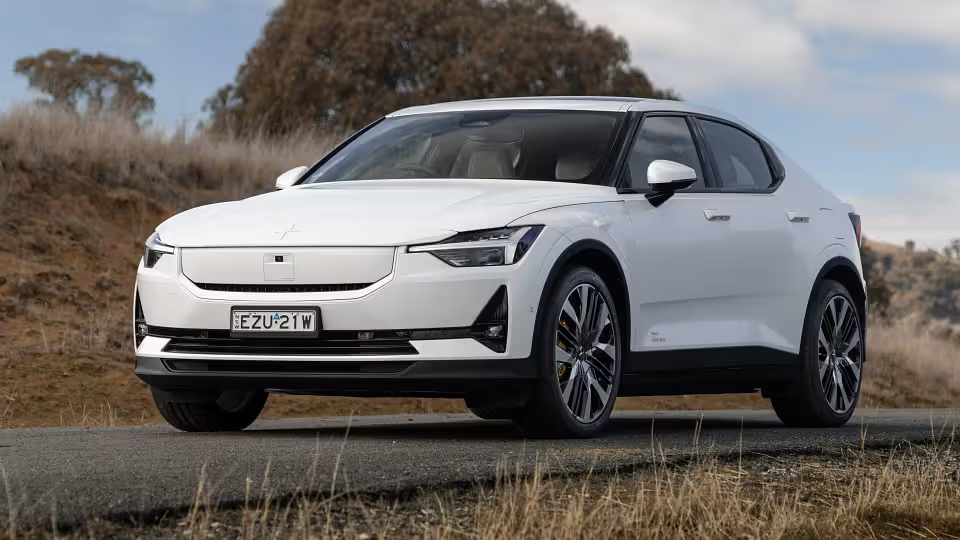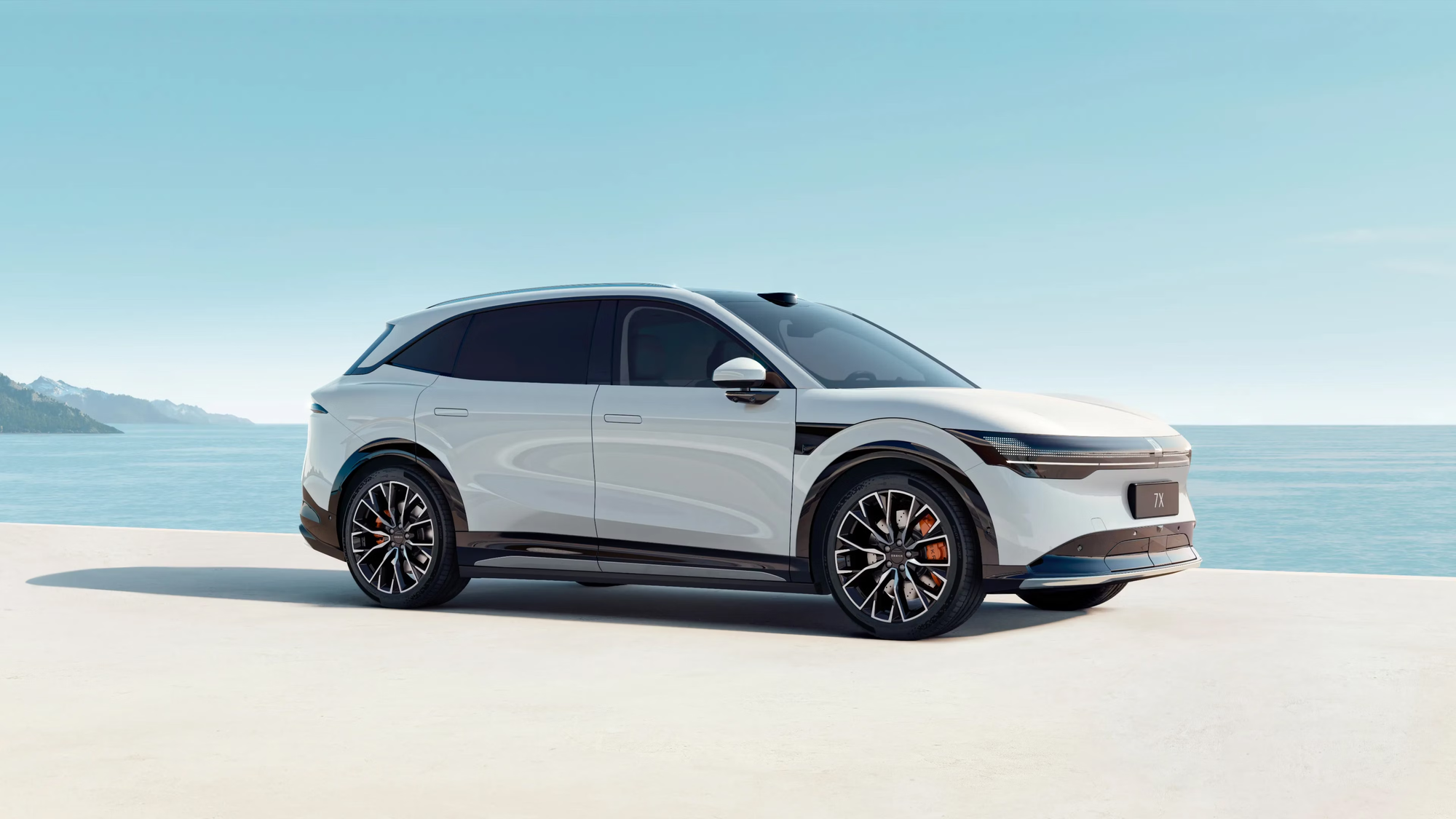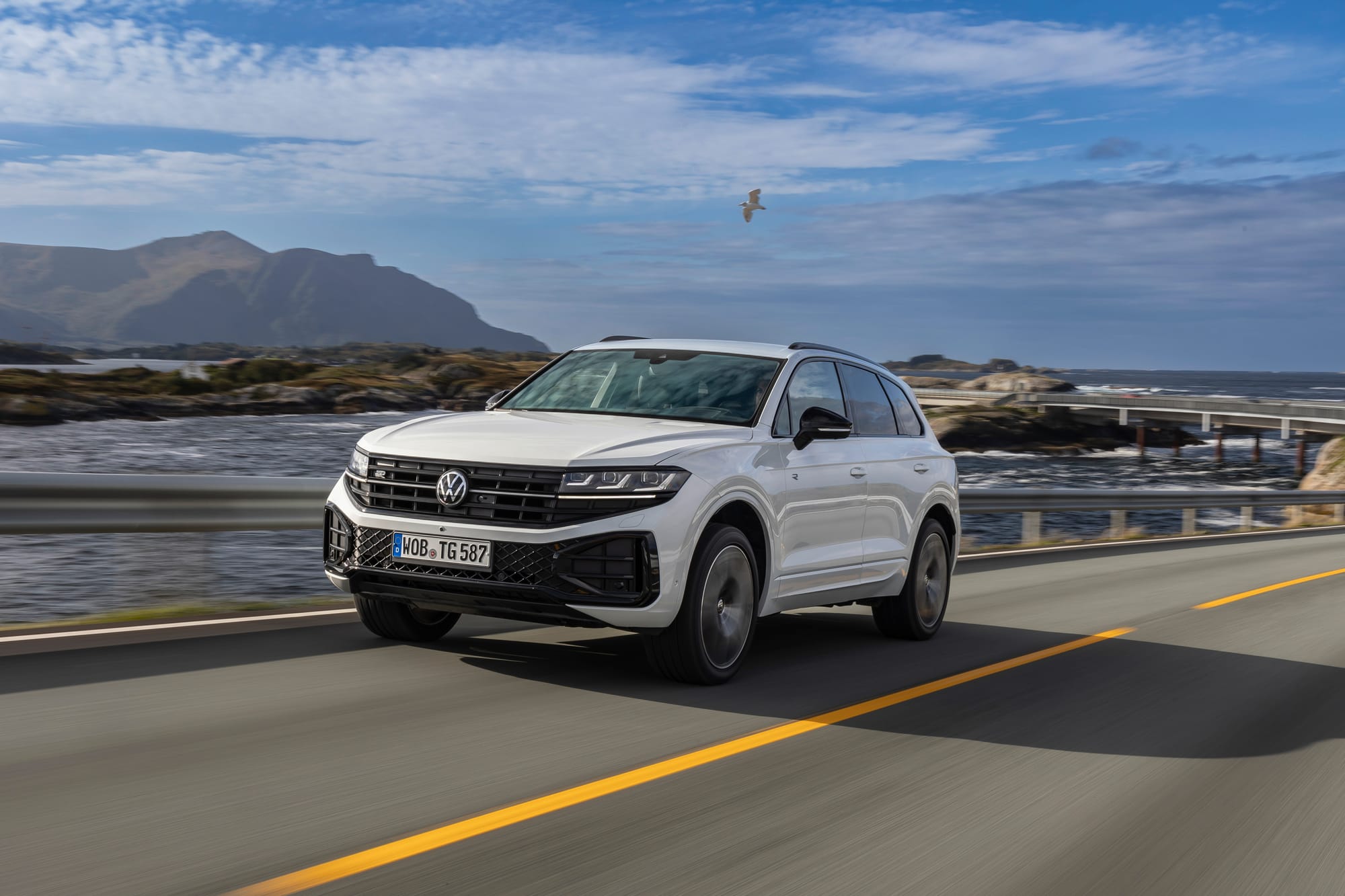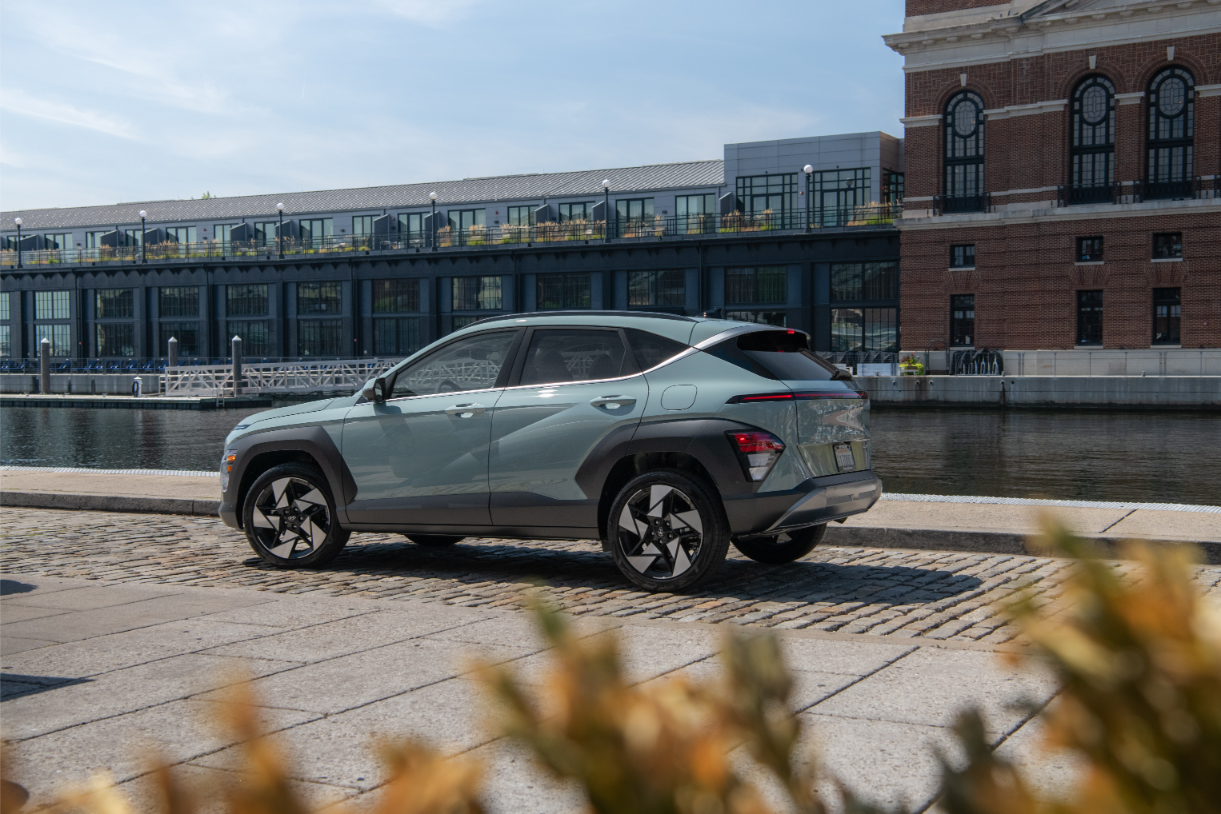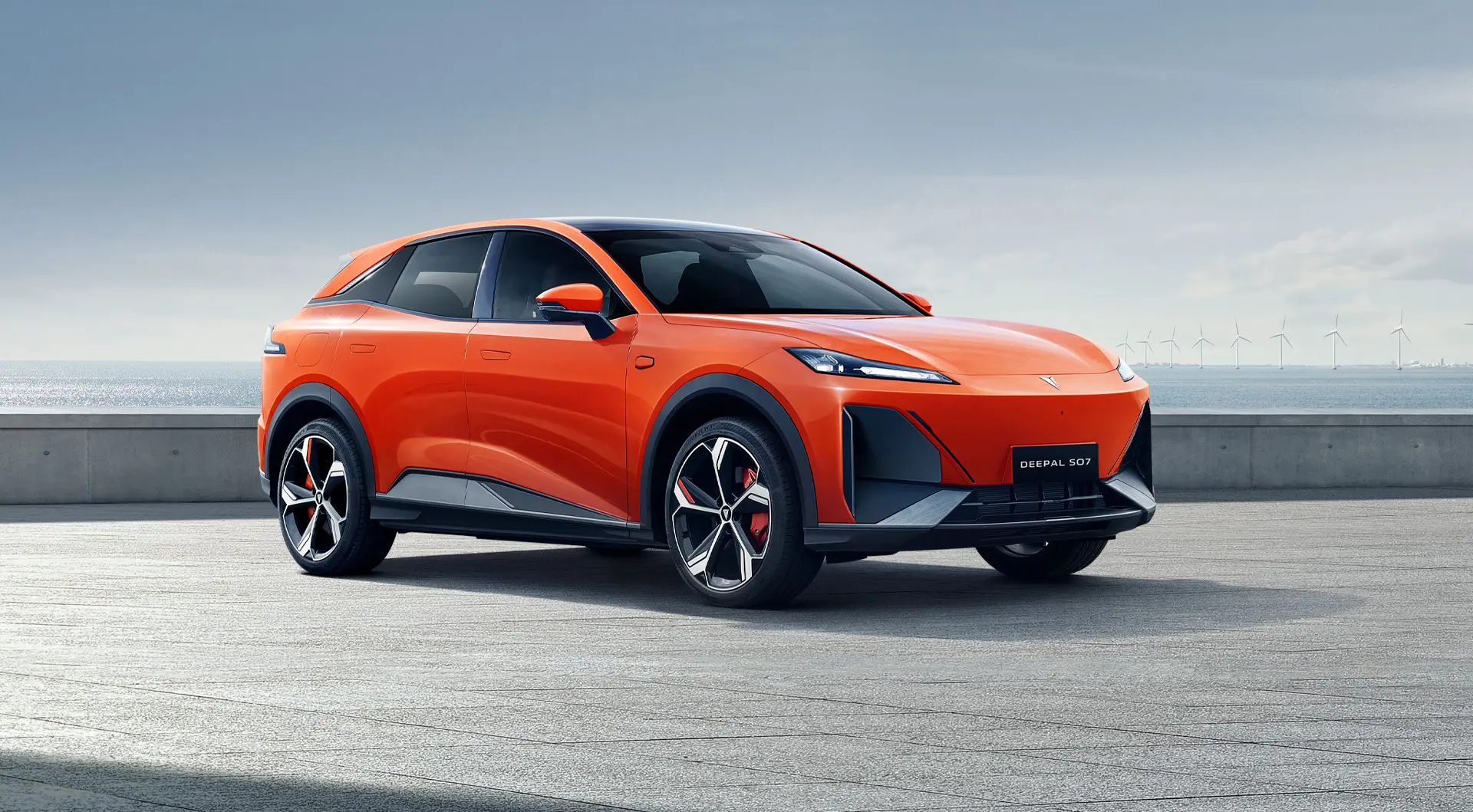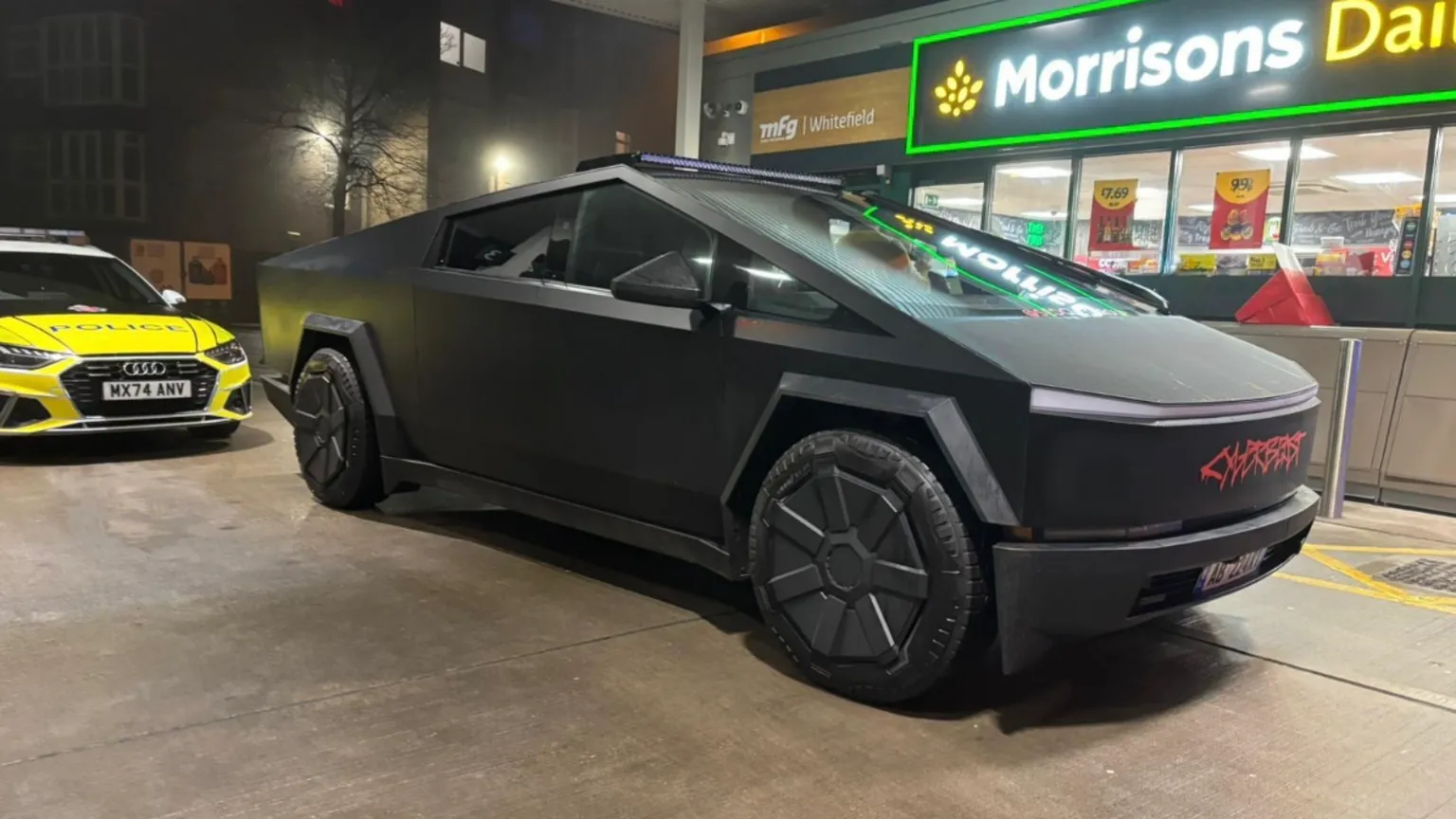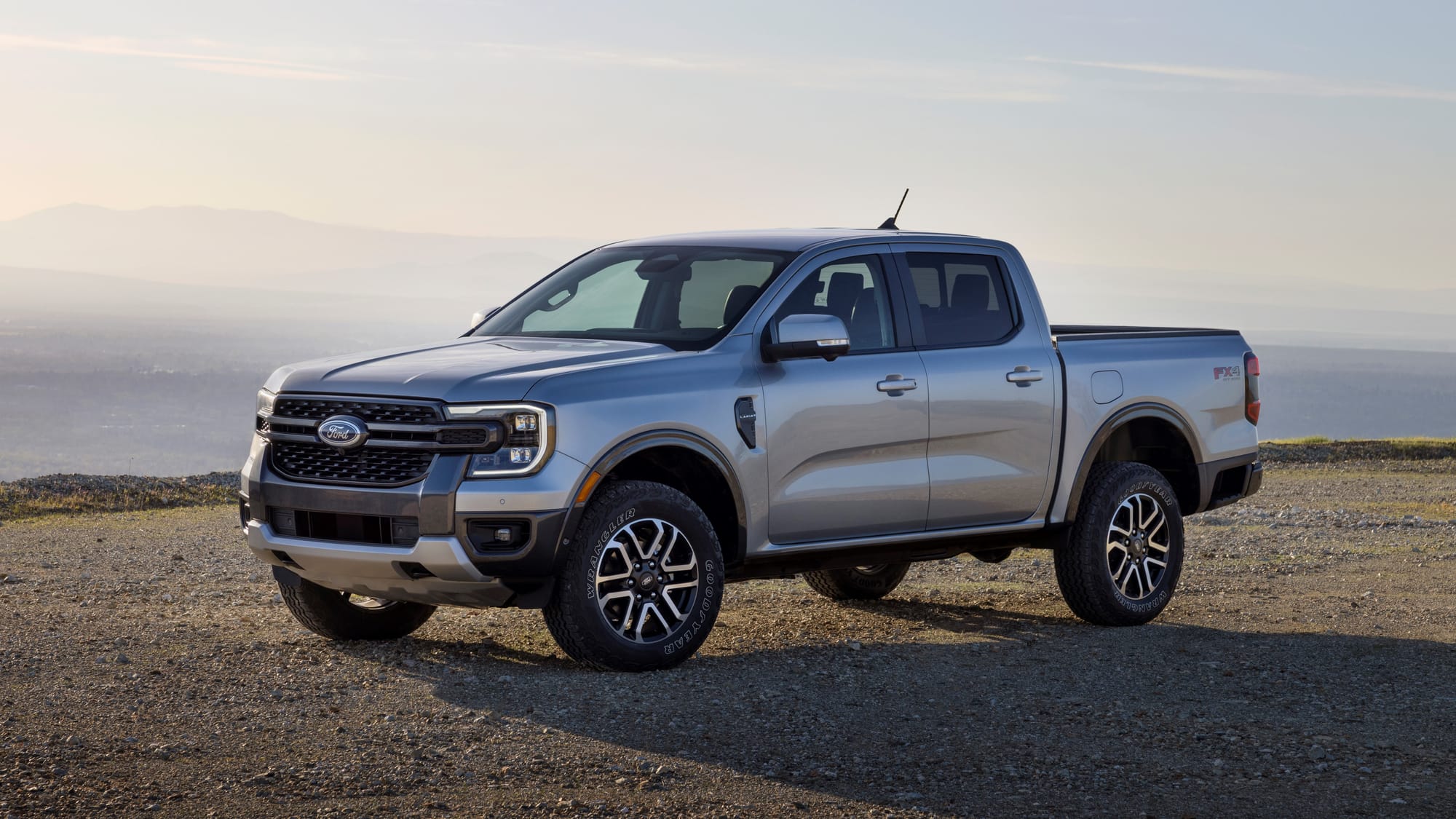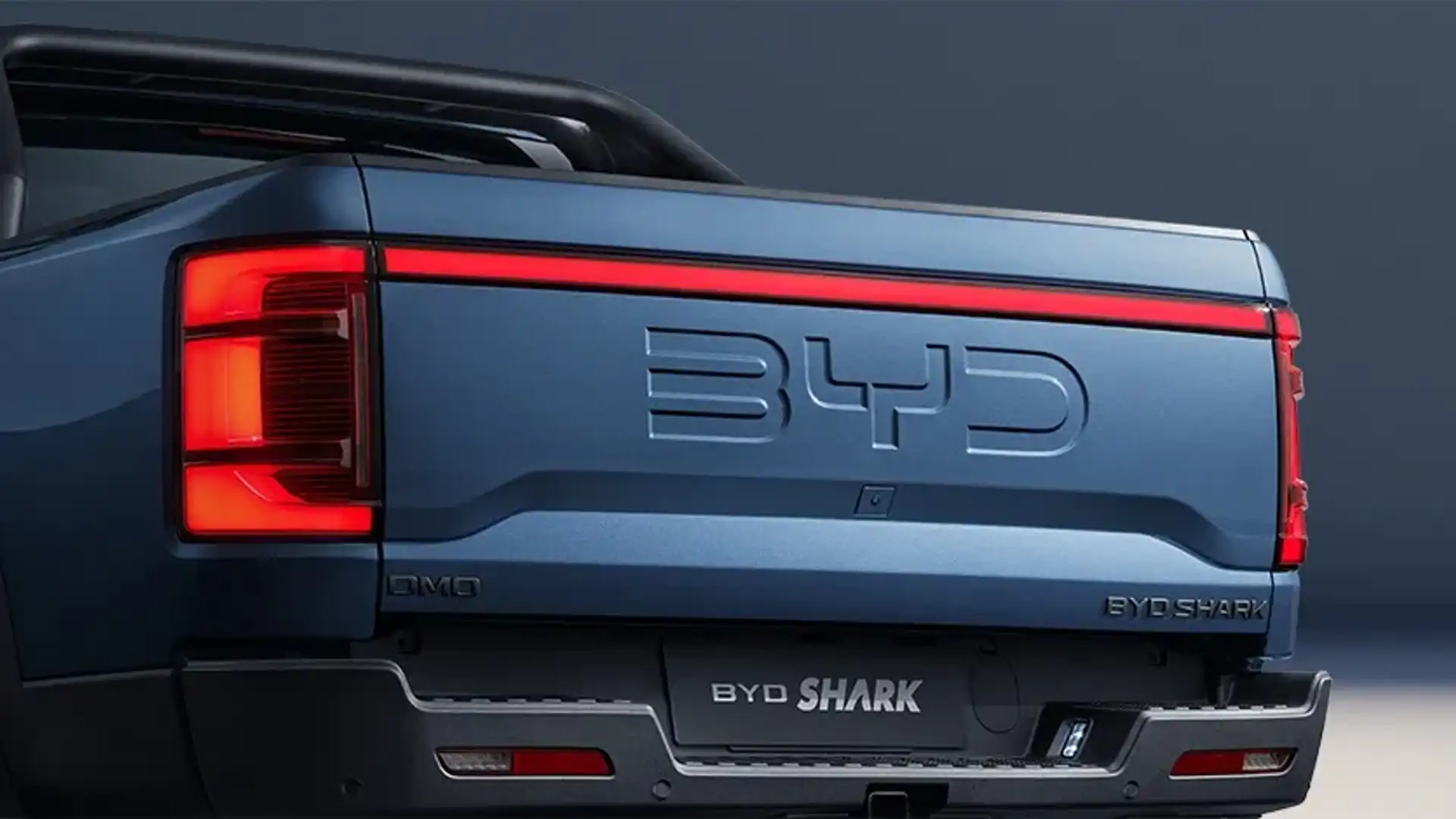Polestar, originally Volvo's performance division, is transitioning to become a standalone electric vehicle brand. The company is moving away from its role as Volvo's "engineered" division, focusing instead on developing its own unique electric vehicles. This shift is part of a broader strategy by parent company Geely to position Polestar as an independent premium electric vehicle manufacturer.
Volvo is reducing its ownership stake in Polestar, with plans to transfer a significant portion to Geely (Chinese parent company of both Volvo and Polestar). This move will give Polestar more independence from Volvo, allowing for greater flexibility in design and engineering.
Polestar and Volvo will continue to collaborate on certain aspects, including some technology sharing and after-sales support. The change allows Polestar more flexibility in design and engineering, potentially leading to more distinctive products in the future.

Polestar customers will still have access to certain Volvo service centers, especially important given Polestar's limited number of official sales and service locations in the US. The move is seen as potentially beneficial for Polestar, allowing it to leverage Geely's global EV resources and potentially save costs.
Industry analysts expect this transition to lead to greater diversity between Polestar and Volvo products over time.
Polestar faces challenges in the US market, including stagnating EV demand and increasing competition. The company is preparing to launch new models like the Polestar 3 and Polestar 4, which could be crucial for its future success.
Some financial analysts have expressed concerns about Polestar's viability as a standalone company, suggesting it might eventually need to be reintegrated into the Volvo-Geely ecosystem.
This transition may result in Polestar vehicles becoming less closely related to Volvo models over time.The move is seen as a way for Polestar to establish its own identity in the competitive electric vehicle market.Polestar faces challenges, including the need to differentiate itself from both Volvo and other EV competitors.
The company's future success will depend on its ability to deliver innovative, high-performance electric vehicles that stand out in an increasingly crowded market.



